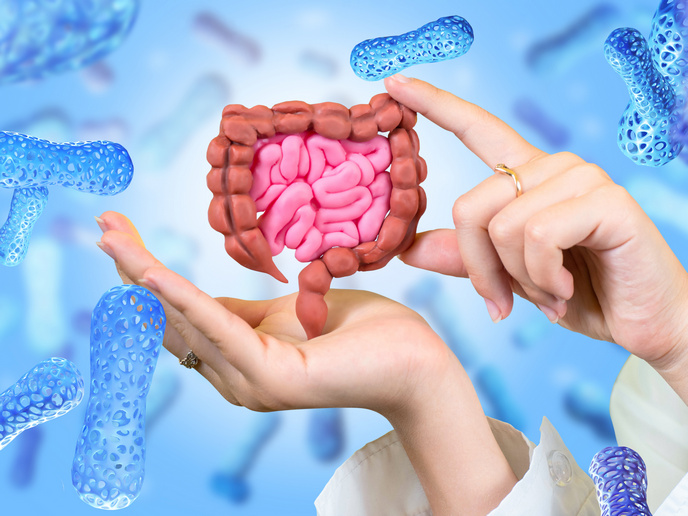Lipid diet and health
Nutrition plays a key role in maintaining systemic lipid homeostasis, and modulation via n-3 fatty acids supplements has beneficial effects on human health. As a result, understanding the complex interaction between nutrients, host metabolism and gut microbiota holds the answer to improving health. Plasmalogens are a unique class of ether lipids that are enriched in n-3 fatty acids and play an important role in human health. Scientists of the EU-funded 'Characterization and modelling of dietary effects mediated by gut microbiota on lipid metabolism' (ETHERPATHS) project wished to investigate how plasmalogens, polyphenols and nutrition in general maintain lipid metabolism, at systemic to cellular levels. To this end, they set out to develop a series of informatics and analytical tools that would provide knowledge on how various dietary components and gut microbiota composition influence lipid metabolism. The study linked human diet intervention studies with in vitro analysis in a colon model. Scientists tested how certain foods such as green tea and orange, affected the formation of microbial metabolites. Results indicated that dietary polyunsaturated fatty acid supplements had the power to recover the metabolic disturbances associated with plasmalogen deficiency. Additionally, they validated that green tea improved lipogenic capacity and increased catabolism of lipids. A pilot nutritional intervention in an obese mouse model suggested that treatment with precursors of plasmalogens has a beneficial impact on serum triglyceride, free fatty acid and ketone body levels. Researchers also discovered other factors contributing to lipid homeostasis such as the GNPAT gene. A human nutritional intervention study was also carried out to evaluate the impact of n-3 fatty acids and polyphenols in lipid metabolism. Participating individuals were fed different levels of these compounds and their bodily fluids were analysed. The results clearly showed distinct effects on lipid profiles as well as on gut microbial composition. With respect to data analysis, the consortium developed a nutritional systems biology platform which contained computational and analytical tools. The goal was to be able to process metabolomics data through specialised software and also to offer appropriate tools for experimental data management and model simulations. This platform is expected to help future nutrition research as well as the development of health-oriented nutritional products.







